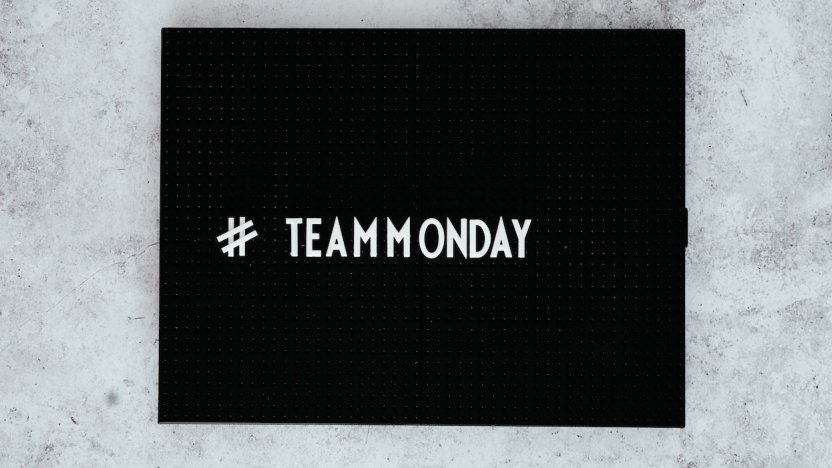Grime artist Stormzy and hashtag trademarks

As social media becomes an everyday part of corporate marketing practice, there has been a notable increase in hashtag-based brand names. Stormzy’s label #Merky Records (as listed with hashtag at Companies House) is just one example of this growing trend. But how registrable are such names as trademarks? Trademark Attorney Claire Jones examines the challenges.
Given the current prevalence of both celebrities and big name brands on social media platforms, it is maybe not surprising that hashtags are becoming more frequently incorporated into company names and trademark applications. However, trademark law and practice guidance has been slow to follow the trend. For example, guidance from IP offices in respect of hashtag-based trademarks does not yet exist in the UK or EU, and is fairly minimal in the US. As a result, many brand owners remain confused about how trademark law is applied to hashtag-based trademarks on social media.
Building a hashtag brand
In addition to his record label, award-winning artist Stormzy also launched a #Merky Festival, with Ibiza Rocks, and a #Merky Books publishing imprint, in association with Penguin Random House.
He has a pending EU trademark application for #MERKY, which is currently under opposition from a Spanish company on the basis of its rights in the mark PERKY, as well as an EU registration for STORMZY. In the US, he has pending applications for STORMZY and #MERKY.
Are #trademarks registrable and enforceable?
As employed on social media, a hashtag seeks to encapsulate or express an idea or a theme; serves as a means of promotion; and, in addition to building brand identity, can be searched for and commented on. If it is used to promote a brand, product or service, a hashtag can generate sales and brand recognition, making them an important marketing tool for businesses. However, simply putting a hashtag symbol in front of a word or saying does not automatically turn that brand name or advertising slogan into a registrable trademark. The #word or #saying must still fulfil the standard function of a trademark in order to be registrable, and satisfy the criteria for trademark registration.
For example, while #Merky is unlikely to raise any real issues, as it originated from and has always been used by Stormzy, those looking to register hashtag trademarks should remember that widely used marks for ‘general information’ or ‘highly laudatory phrases’ will still encounter significant issues (think #MeToo).
In addition, having registrations for hashtag trademarks and company names will not prevent their use by third parties on social media platforms, although they will assist in controlling their use. In addition, brand owners should ensure that there are clear social media policies and monitoring procedures in place to take action where necessary.
What about enforcement against potentially infringing #trademarks?
Legal uncertainty lingers over the question of whether the use of a registered trademark in or as a hashtag when creating online content can be seen as contrary to trademark law; for example, as infringement of trademark rights. While applications for hashtag trademarks are on the rise, there is very little trademark case law on enforcement against them. It is still very early days, and this may just be due to businesses seeing how things pan out before taking action, especially if they have benefited in some way that outweighs any negative effect.
A #trademark checklist
When considering registration of hashtag-based trademarks, businesses should consider the following factors:
- Is your #trademark used consistently? Any trademark application must be for the actual term being used; be careful of using variations that aren’t covered by the registration.
- Does your business plan to use the #trademark in the long term? If a campaign is likely to be short lived, it is likely that the trademark will not become registered until after the campaign has ended.
- Is the chosen #trademark distinctive? In order to be capable of registration, the sign must be capable of distinguishing your brand, and must not be descriptive or generic.
- Does your business already have trademark registrations? While hashtags are a popular new area of marketing campaigns, registering the hashtag element isn’t always necessary if your business already has registrations for the word element of the trademark.
Claire Jones is a Trademark Attorney in the London offices of Novagraaf.